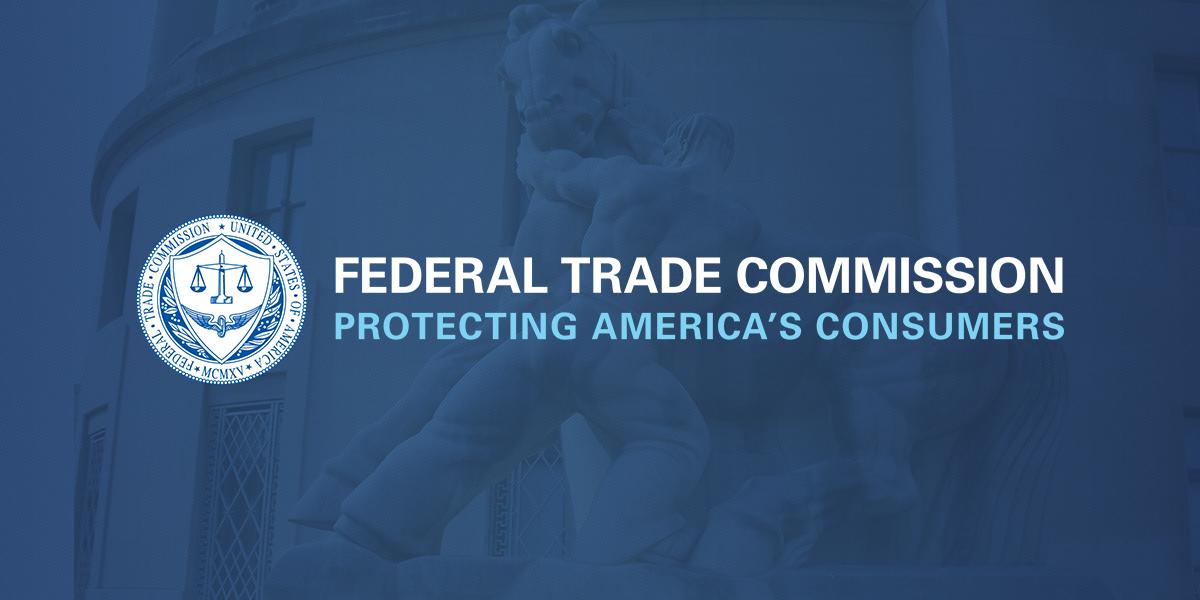Full Disclosure

Full Disclosure
The FTC’s first law enforcement action related to the revised Endorsement Guides offers compliance insights for marketers. In a proposed settlement with Reverb Communications, Inc., the FTC alleged that employees of a public relations agency hired by game developers posed as consumers and posted reviews on Apple’s iTunes store without disclosing that the reviews came from people working on behalf of the developers.
According to the FTC, in addition to giving their clients’ game apps high ratings, Reverb employees posted comments like "Amazing new game," "ONE of the BEST," "[Company] hits another home run with [product name]," "Really Cool Game" "GREAT, family-friendly board game app," "One of the best apps just got better" and "[Company] does it again!" They didn’t disclose that the company was hired to promote the games and that it often got a percentage of the sales. The FTC alleged that these facts would have been relevant to consumers who were evaluating the reviews and deciding whether to buy the apps.
The FTC’s proposed settlement, which names both the company and its owner, requires the company to take down the deceptive endorsements, and bans similar misrepresentations in the future. Looking for more information? Read The FTC’s Revised Endorsement Guides: What People are Asking or watch this video.
What's Your Reaction?
 Like
0
Like
0
 Dislike
0
Dislike
0
 Love
0
Love
0
 Funny
0
Funny
0
 Angry
0
Angry
0
 Sad
0
Sad
0
 Wow
0
Wow
0






